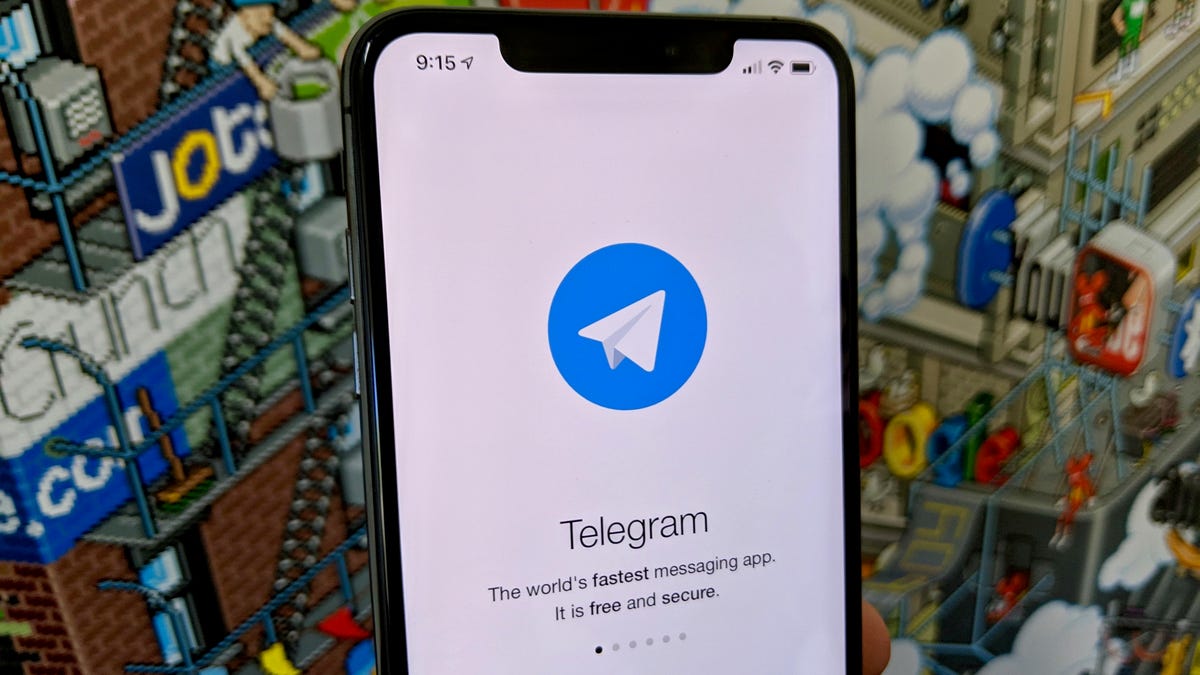Telegram's description of DDoS attack is the best
Imagine you're at a fast food joint...

Telegram was done Wednesday morning thanks to hackers unleashing a zombie apocalypse.
A distributed denial of service attack may sound like hacker talk, but there's a simple explanation behind it. Secure messaging app Telegram said it had to endure one Wednesday, and it gave an explanation that almost anyone could understand.
Telegram tweeted Wednesday morning that it was dealing with a DDoS attack. The app was down for many users across the globe, according to DownDetector. The downtime period was just a little over an hour, and while it was going on, Telegram explained how a DDoS attack works.
A DDoS is a “Distributed Denial of Service attack”: your servers get GADZILLIONS of garbage requests which stop them from processing legitimate requests. Imagine that an army of lemmings just jumped the queue at McDonald’s in front of you – and each is ordering a whopper. (1/2)
— Telegram Messenger (@telegram) June 12, 2019
"Imagine that an army of lemmings just jumped the queue at McDonald's in front of you – and each is ordering a whopper," Telegram tweeted. "The server is busy telling the whopper lemmings they came to the wrong place – but there are so many of them that the server can't even see you to try and take your order."
The tweets then went on to describe how hackers accomplish a DDoS attack.
"To generate these garbage requests, bad guys use 'botnets' made up of computers of unsuspecting users which were infected with malware at some point in the past. This makes a DDoS similar to the zombie apocalypse: one of the whopper lemmings just might be your grandpa," the company said in another tweet.
Before giving the all-clear that the attack was over, Telegram tweeted that users' data was safe.
"There's a bright side: All of these lemmings are there just to overload the servers with extra work – they can't take away your Big Mac and Coke," the company tweeted.
Telegram has its share of run-ins with service denials, but they usually come from countries that want to shut the service down. Russia, Iran and Indonesia blocked the secure messaging app in recent years as governments in those countries argued that the service was used for anti-government protests and terrorism.
Telegram didn't immediately respond to a request for comment.

